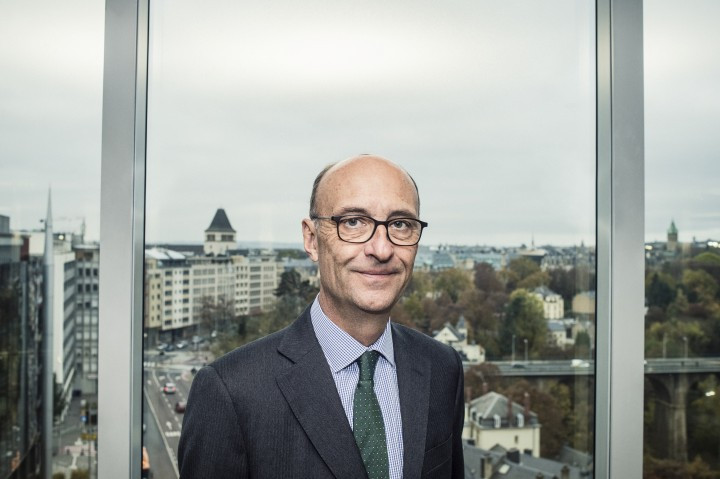In an interview with RTL radio on Saturday 21 October, Wurth said that the Luxembourg economy had grown by 60% since 2000, but so had employment. The “cake has not gotten bigger,” Wurth argued. That was why raising the minimum wage was nonsense at the moment.
The Rifkin study provided concrete proposals such as how to build more energy efficient houses, how to produce energy or on electromobility, according to the UEL chair.
However, he argued that Luxembourg needed more qualitative growth, through new measures supported by the Rifkin study, such as new companies with high value added which produce more per head.
Wurth said this meant work must be done more efficiently, and people must be better trained to produce more output.
He also argued that if Luxembourg had a higher productivity, then less people would have to work and move here, which would also alleviate the housing shortage and pressures on traffic.
Financial centre
The financial centre must reinvent itself, warned Wurth. He was worried that 28% of national value added was created by the financial sector, and that the economy was monolithic. He argued that the sector needed to diversify
“Tax niches are over”
Wurth said that tax niches are over, and that Luxembourg needed to build on its competitive advantages. While traditional banking, funds, new service providers such as lawyers and the Big Four have been flourishing in Luxembourg, they need to build on the competitive advantages.
Wurth called for corporate taxation to be slashed, as it (combined with local corporate tax) was higher than in many European states. Furthermore, he argued for more administrative streamlining of administrative procedures to get applications through for industrial zones. It should not just happen quickly when Google comes knocking, the same quick procedures should be available to national companies, which sometimes have to wait for 5 years, Wurth explained.
On reforming the system of stock options, Wurth agreed that abuse should be stemmed, but that the concept should stay as they were a useful tool to attract highly skilled employees.
On the other hand, projects such as space mining should be welcomed, even though they are niche. SES Astra was a good example how this could work.
